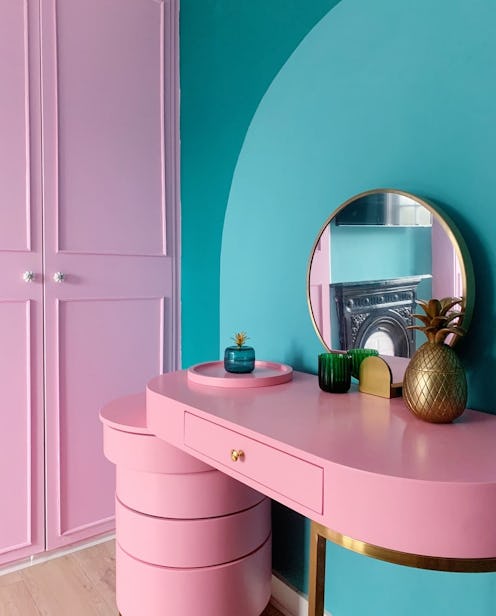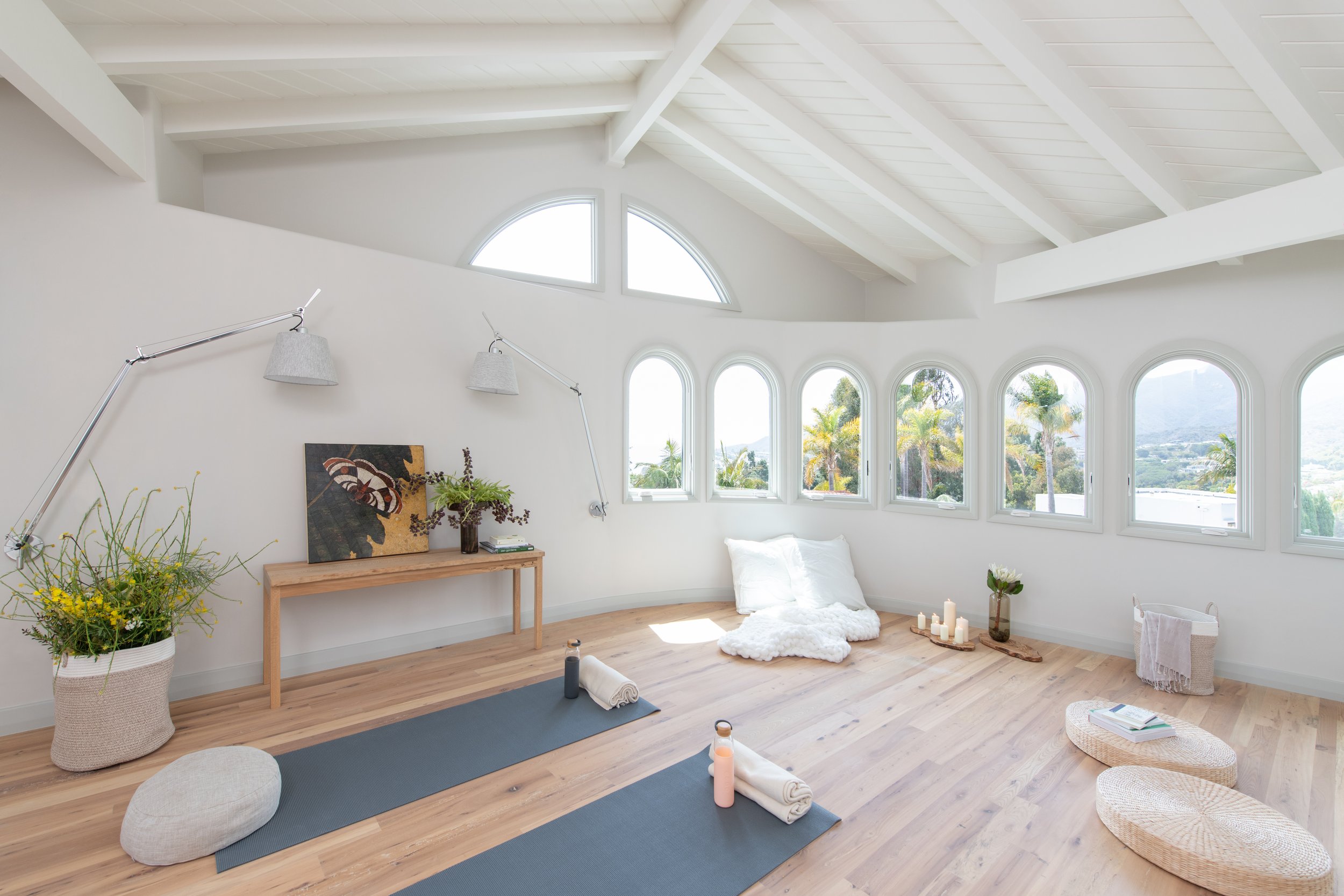Mindful Design
Mindful Design :
How Interior Choices Impact Your Mood

Importance of Mindful Design in Interior Spaces
In the fast-paced modern world, the significance of mindful design in interior spaces cannot be overstated .
Creating harmonious environments goes beyond aesthetics ; it directly impacts our well-being and mood .
Through thoughtful design choices, individuals can cultivate spaces that promote peace , productivity, and positivity .
Let's delve into various aspects of mindful design that can transform living and working areas into sanctuaries of comfort and inspiration .

Color Psychology in Interior Design
Choosing the Right Color Palette for Different Spaces
- Bedrooms : soothing colors for relaxation.
- Offices : energizing tones to boost productivity.
- Living Rooms : welcoming shades for social gatherings.
- Kitchens : vibrant hues for creativity and appetite stimulation .
In interior design , colors play a crucial role in shaping our emotions and perceptions .
Different hues evoke distinct feelings ,
with warm tones like red and yellow exuding energy, while cool blues and greens promote calmness .
Understanding the psychological effects of colors allows designers to create spaces that align with desired moods .
Selecting the appropriate color palette for specific spaces is essential .
Consider the following :

Furniture and Layout Considerations
Ergonomics and Comfort
- Choosing furniture with proper support
- Ensuring correct heights and angles
- Incorporating soft textures for coziness
Space Optimization for Functionality and Flow
- Clear pathways for easy navigation
- Multi-functional furniture for versatility
- Balanced layout for visual appeal
When designing interior spaces, prioritizing ergonomics and comfort is paramount
Key points to consider include :
Comfortable furniture contributes to improved well-being and enhances the overall experience within a space .
Efficient space utilization is vital for ensuring functionality and smooth movement
Tips for optimizing space :
Well-planned layouts not only enhance usability but also create a sense of harmony and flow in the environment .

Lighting Effects on Mood
Natural vs. Artificial Lighting
- Natural light: boosts productivity and mood .
- Artificial light: can be tailored for various purposes .
- Using dimmers for adjustable lighting
- Incorporating task lighting for focused activities
- Employing accent lights to highlight features
The type of lighting in a space greatly influences mood and ambiance. Consider the differences :
Balancing these lighting sources is crucial for creating balanced and comfortable environments .
Selecting the right lighting fixtures can transform the feel of a room .
Enhance ambiance by :
Thoughtful lighting choices can evoke different emotions and enhance the overall atmosphere of a space .

Incorporating Nature and Biophilic Design
Benefits of Nature in Spaces
Bringing elements of nature into interior spaces offers a myriad of benefits for occupants .
These advantages include:
- Reduced stress and anxiety levels
- Improved air quality and overall well-being
- Enhanced creativity and productivity
- Use of plants and greenery
- Incorporating natural materials like wood and stone
- Maximizing natural light through windows and skylights
Integrating natural elements can foster a deeper connection to the environment and promote a sense of tranquility .
There are various approaches to infusing natural elements into interior design .
Consider these methods :
By strategically incorporating nature indoors, spaces can become rejuvenating sanctuaries that emulate the outdoors .

Texture and Materials in Design
Tactile Experiences and Emotional Responses
Textures and materials within a space can evoke emotional responses and enhance tactile experiences .
Consider the following:
- Soft fabrics for comfort
- Rough textures for visual interest
- Smooth surfaces for a modern feel
Carefully selecting textures can add depth and personality to a room, influencing how individuals interact with the environment.
Sustainable and Eco-Friendly Material Options
Embracing sustainable and eco-friendly materials in design not only benefits the environment but also contributes to healthier indoor spaces .
Explore eco-conscious options such as :
- Bamboo flooring
- Recycled glass countertops
- Non-toxic paints and finishes
Choosing sustainable materials aligns with mindful design practices, promoting sustainability and well-being .

Sound and Acoustics in Interior Spaces
Noise Reduction Techniques
- Strategic placement of furniture to absorb sound
- Use of rugs and curtains to minimize echoes
- Incorporating acoustic panels for sound control
- Soft background music for relaxation
- Natural sounds like flowing water for tranquility
- Incorporating silence for focus and clarity
Managing sound levels within interior spaces is crucial for creating comfortable and productive environments .
Implement noise reduction techniques such as :
Reducing unwanted noise enhances the quality of the space and promotes concentration .
Sound design can profoundly impact mood and atmosphere in a space .
Enhance moods with these auditory elements :
Thoughtfully curated sounds can evoke specific emotions and contribute to a harmonious environment .

Overall Impact of Mindful Design on Mood and Well-being
Mindful design practices encompassing color psychology, furniture arrangement ,
lighting effects , nature integration, material choices, and sound management profoundly influence mood and well-being in interior spaces .
By considering these elements thoughtfully , designers can create environments that promote positivity , productivity , and emotional harmony , ultimately enhancing the overall quality of life for occupants .
The holistic approach to design not only beautifies spaces but also nurtures the human experience within them .